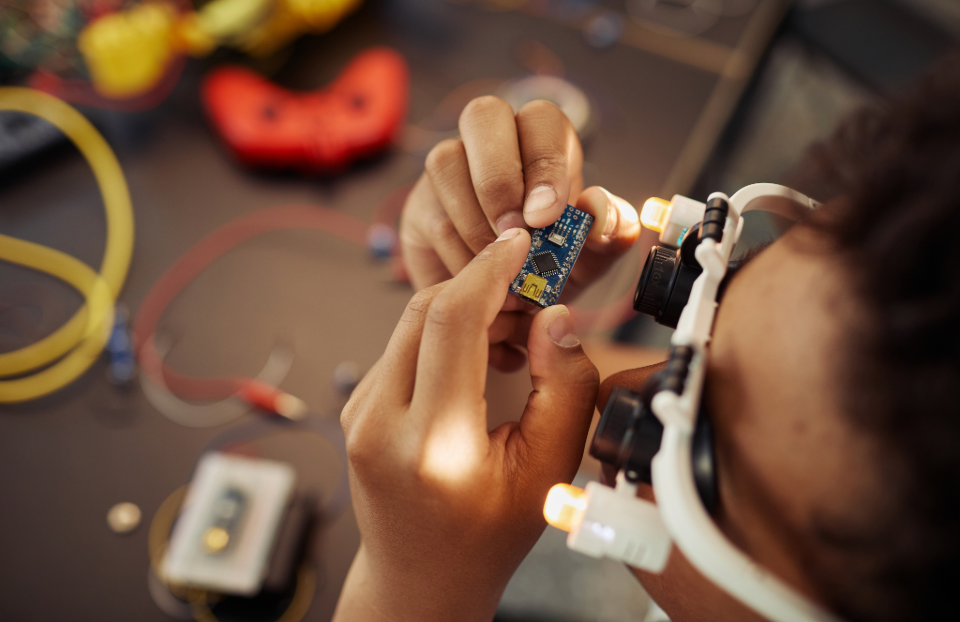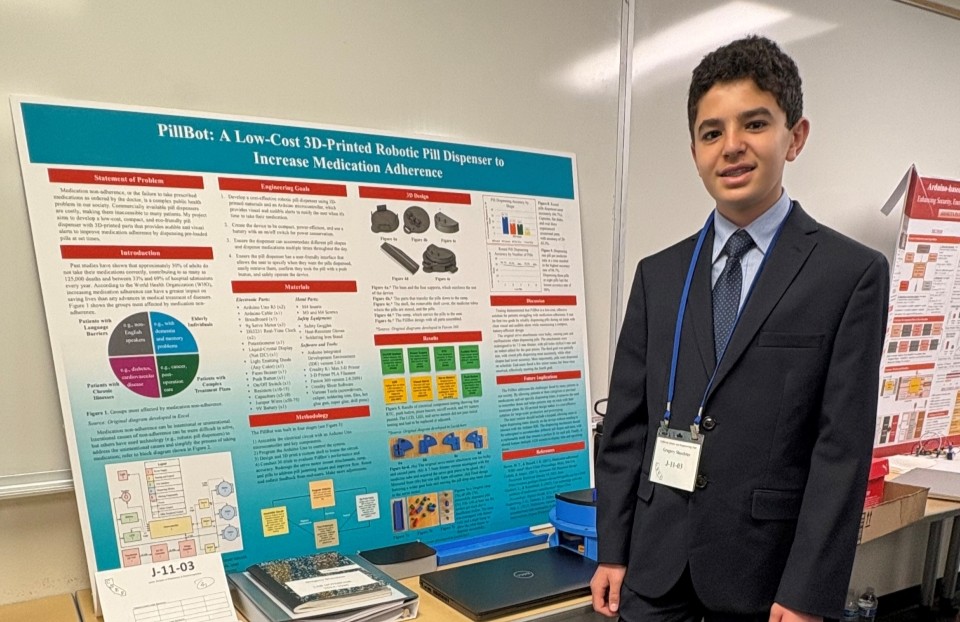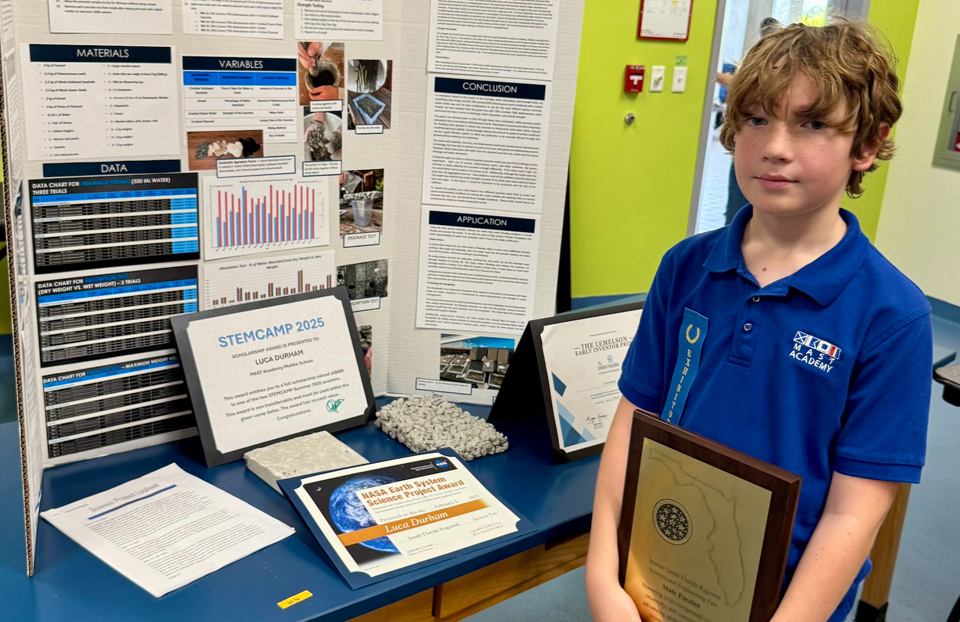Innovative teaching takes root in Wyoming
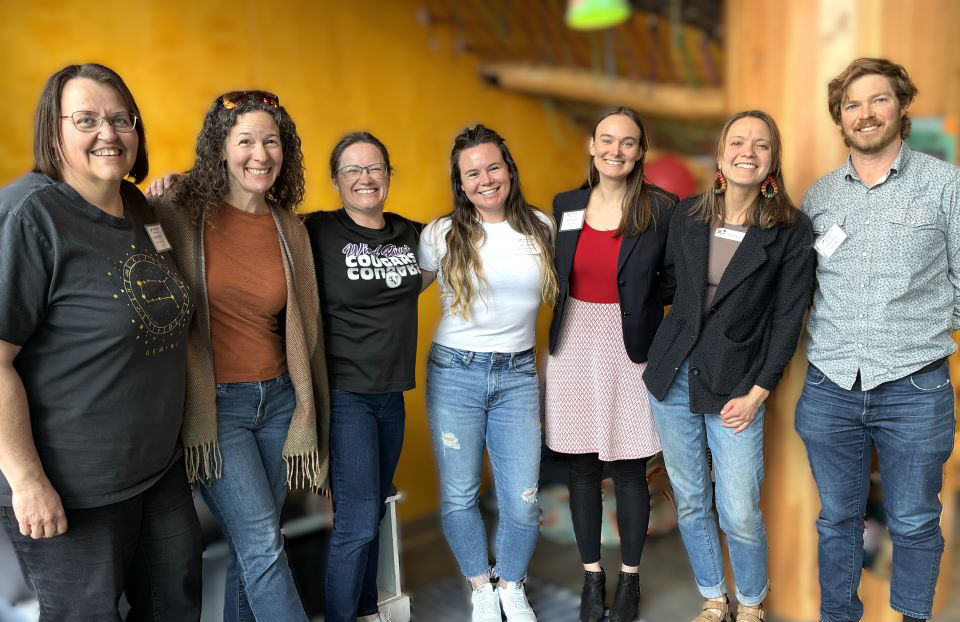
This past April and May, local Wyoming teachers were invited to participate in a daylong experience organized by Society for Science, a program immersing them in research and invention-focused classroom techniques at the Jackson Hole Children’s Museum in Jackson, Wyoming. Thanks to a Lemelson Foundation grant, the Society was able to mobilize a group of teachers to participate in both in-person and online course modules covering a variety of topics from invention research, intellectual property, and recruiting and motivating students. Participants earned professional development credit through the University of Wyoming that they can apply to renewing their teacher certifications.
Laurel Bingman, the Society’s current Invention Education Fellow, coordinated the first Wyoming Invention & Research Education workshop (WIRE) after noticing that no Wyoming teachers were represented at the 2024 High Research Teachers Conference.
“This demonstrated to me that Wyoming had so much growth potential,” Laurel said. “I wanted to create an opportunity for Wyoming educators to join our research teacher community and grow in their ability to facilitate invention and research experiences with their students.”
The workshop empowered teachers to develop their invention- and research-based lesson plans. Invention education in the classroom aligns with the Lemelson Foundation’s mission to encourage students to be the next STEM leaders and solve local and global challenges.

They participated in several activities that can be adapted to use in their own classrooms.
Highlights included:
- Problem identification and idea generation practices through diamond-shaped models
- Brainstorming with the SCAMPER method (substitute, combine, adapt, modify, put to other uses, eliminate and reverse), which acts as a starting point for thinking about how to change the way things are currently done or how it operates currently. This is a useful method to jumpstart ideas, especially for students who may not have experience with invention.
- Listening to a guest speaker, a local Indigenous educator who discussed culturally sustaining practices that could be incorporated into STEM teaching.
- Participating in a building challenge from the Jackson Hole Children’s Museum, demonstrating how educators can partner with local organizations to create something for their communities to inspire invention and innovation.
- Joining in an outdoor project, where teachers collected environmental data to explore how citizen science could be brought into their curricula.
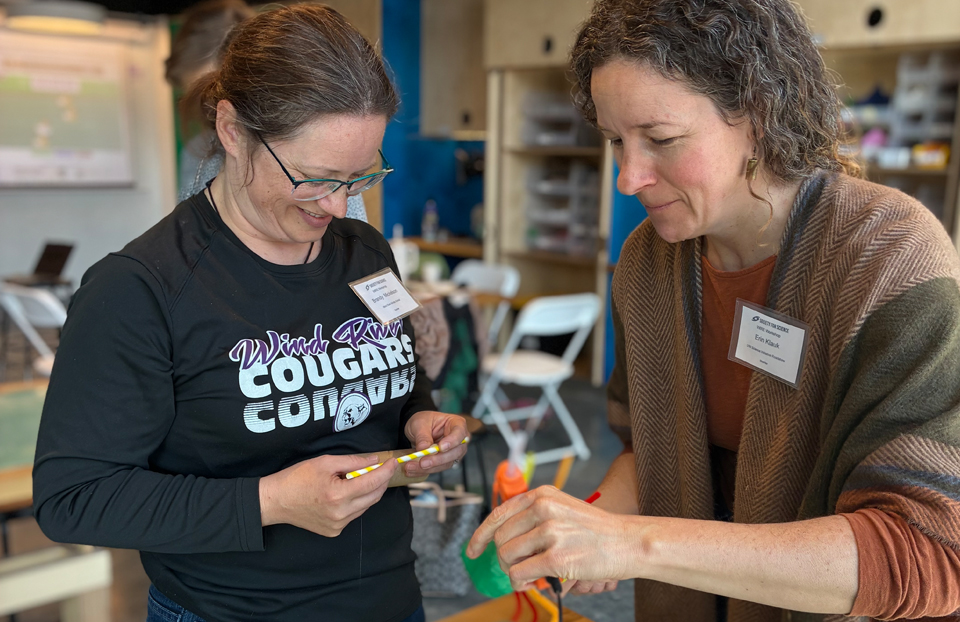
Laurel says she was blown away by the passion and creativity of the educators who took part in the workshop.
“I am so excited to see their plans be put into practice and I cannot wait to hear about their progress,” Laurel says. “I think the more that we can invest in providing experiences like these to teachers, the more we will be able to build our communities and expand our reach so that all students can access these impactful invention and research experiences.”
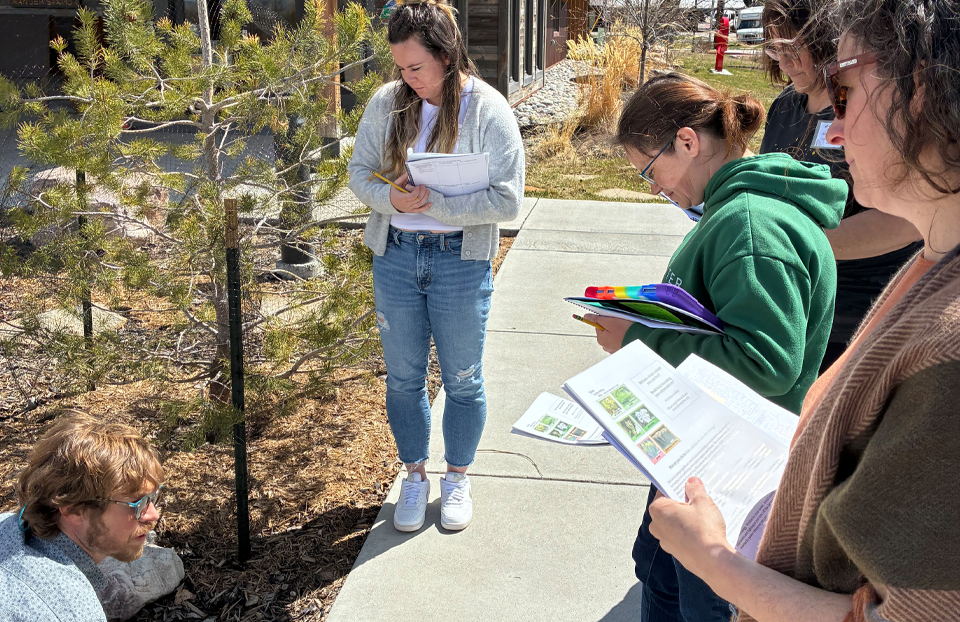
While there are no current plans for future workshops, Laurel says ideas are in the works for a new program branching off WIRE. Laurel says it would be amazing to host another edition, expanding on the online component of the workshop, to other geographic regions, making it more widely accessible.
If you have any questions or you’re interested in receiving updates regarding invention & research resources, email Laurel Bingman, our Invention Education Ambassador, at lbingman@societyforscience.org or teachers@societyforscience.org
